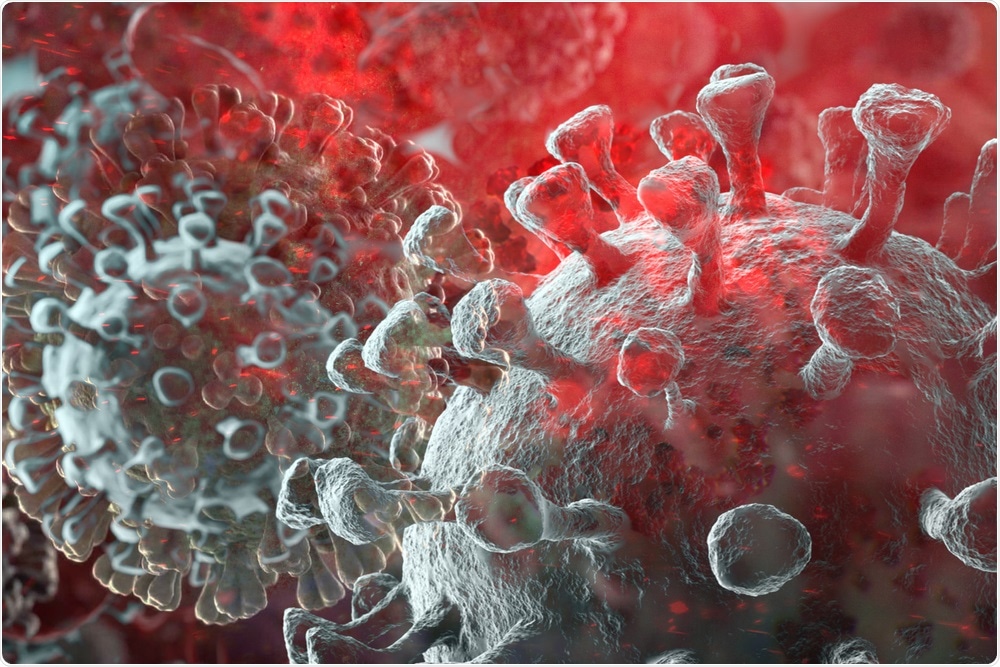Genetic variations in the immune system of humans may have an impact on the vulnerability to, and severity of, infections by the severe acute respiratory syndrome coronavirus 2 (SARS-CoV-2), which is the virus that causes the coronavirus disease (COVID-19).

Image Credit: phanira/Shutterstock.com
The study was published recently in the Journal of Virology—a publication of the American Society for Microbiology.
An individual genetic variation could be the reason for variations in the strength of immune responses. Specific immune system genes, referred to as human leukocyte antigen genes that play a part in pathogens identification differ from one person to another.
These differences can influence how well the immune system recognizes a specific pathogen. Poor recognition of SARS-CoV-2 could lead to the high susceptibility of an individual to the virus.
In particular, understanding how variation in HLA [a component of the immune system containing multiple genes] may affect the course of COVID-19 could help identify individuals at higher risk from the disease.”
Study Researchers, Oregon Health & Science University and Portland VA Research Foundation
As part of the study, the researchers have demonstrated that the variability of individual HLA, full genotype, and haplotype possibly affect the ability to respond to SARS-CoV-2 infection.
They reported that specific alleles were specifically associated with more severe infection, which has been established with SARS-CoV earlier.
This is the first study to report global distributions of HLA types and haplotypes with potential epidemiological ramifications in the setting of the current pandemic.”
Study Researchers, Oregon Health & Science University and Portland VA Research Foundation
The researchers added, “HLA typing can be fast and inexpensive. Pairing HLA typing with COVID-19 testing where feasible could improve assessment of viral severity in the population. Following the development of a vaccine against SARS-CoV-2, the virus that causes COVID-19, individuals with high-risk HLA types could be prioritized for vaccination.”